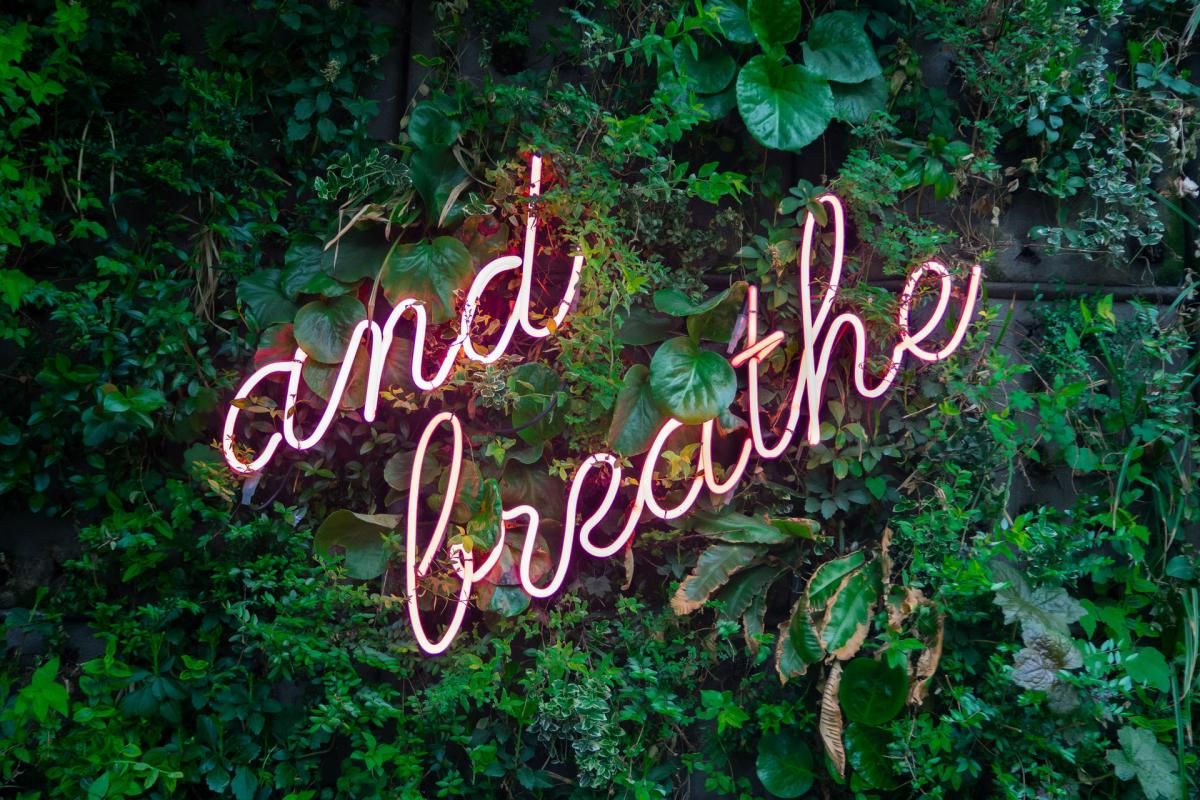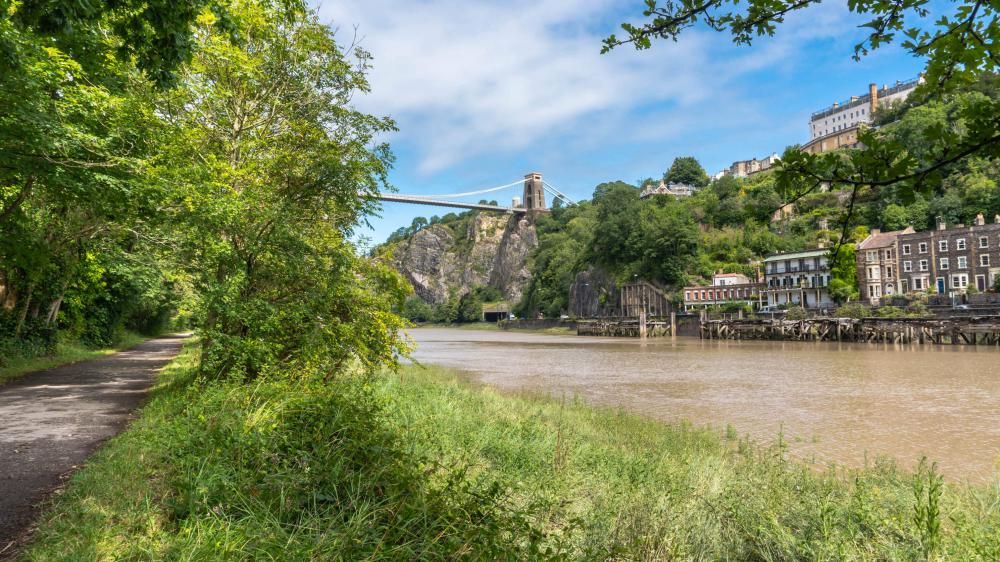Air pollution
Pollution can be caused by natural events, such as ash from a volcano, but more often than not, our pollution is caused by human impact on the world, such as transport emissions, chemical waste or plastic pollution. Of all the different types of pollution, air pollution poses the greatest environmental threat to our health.
While it is sometimes possible to see pollution in the air, such as smoke from factory chimneys or exhaust fumes from petrol or diesel vehicles, it is often invisible. But this doesn’t mean its effects are any less damaging. Air pollution can cause cardiovascular and respiratory diseases, lung cancer, aggravate existing respiratory illnesses such as asthma and reduce life expectancy.
Between 5-9th December 1952, 4,000 people were reported to have died during the “Great Smog of London”, although experts now believe the final total was nearer 12,000. This tragic event led to the Clean Air Act of 1956, which introduced “smokeless zones” and greater controls over domestic and industrial emissions.
While the Clean Air Act of 1956 and subsequent amendments no doubt improved the air quality in our towns and cities, between 28,000 and 36,000 people in the UK still die every year due to air pollution-related illnesses. This sadly includes around 300 people a year in Bristol alone.
In 2019, the government launched its Clean Air Strategy to improve air quality in the UK and one of the ways in which this is being implemented at a local level is through the introduction of Clean Air Zones, such as the one that’s coming to Bristol in 2022. Read our guide on the Clean Air Zone to find out more.

